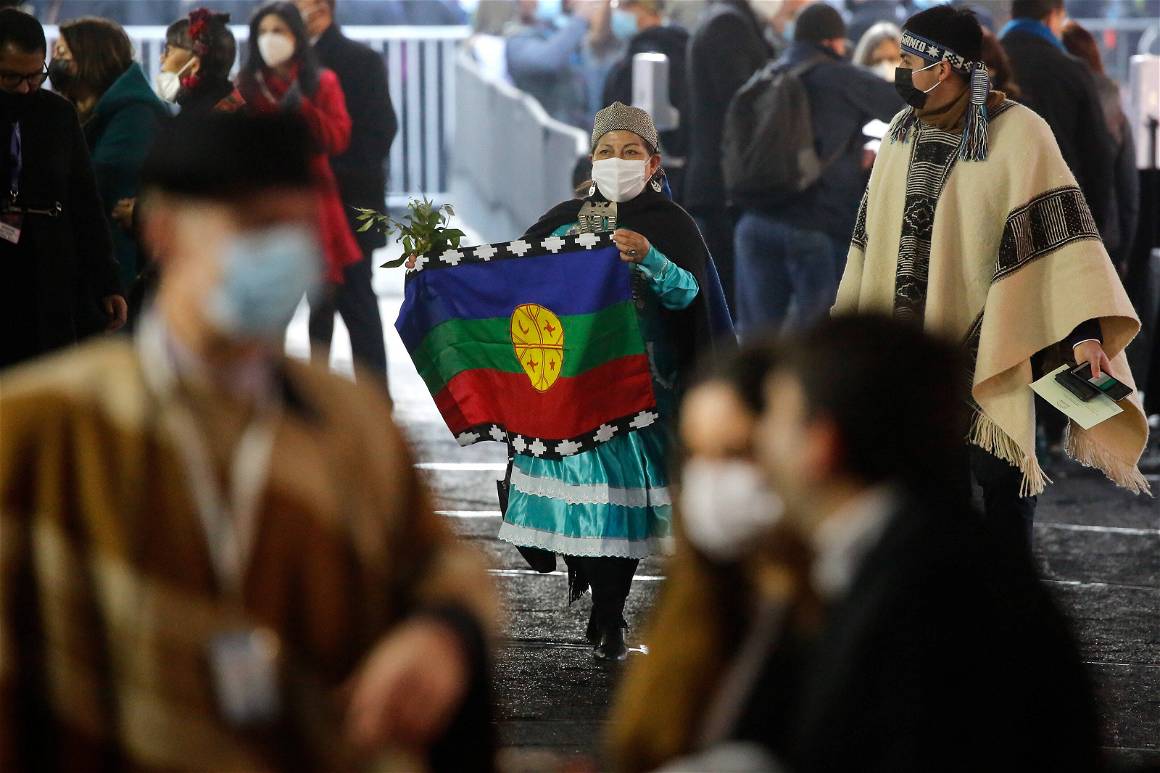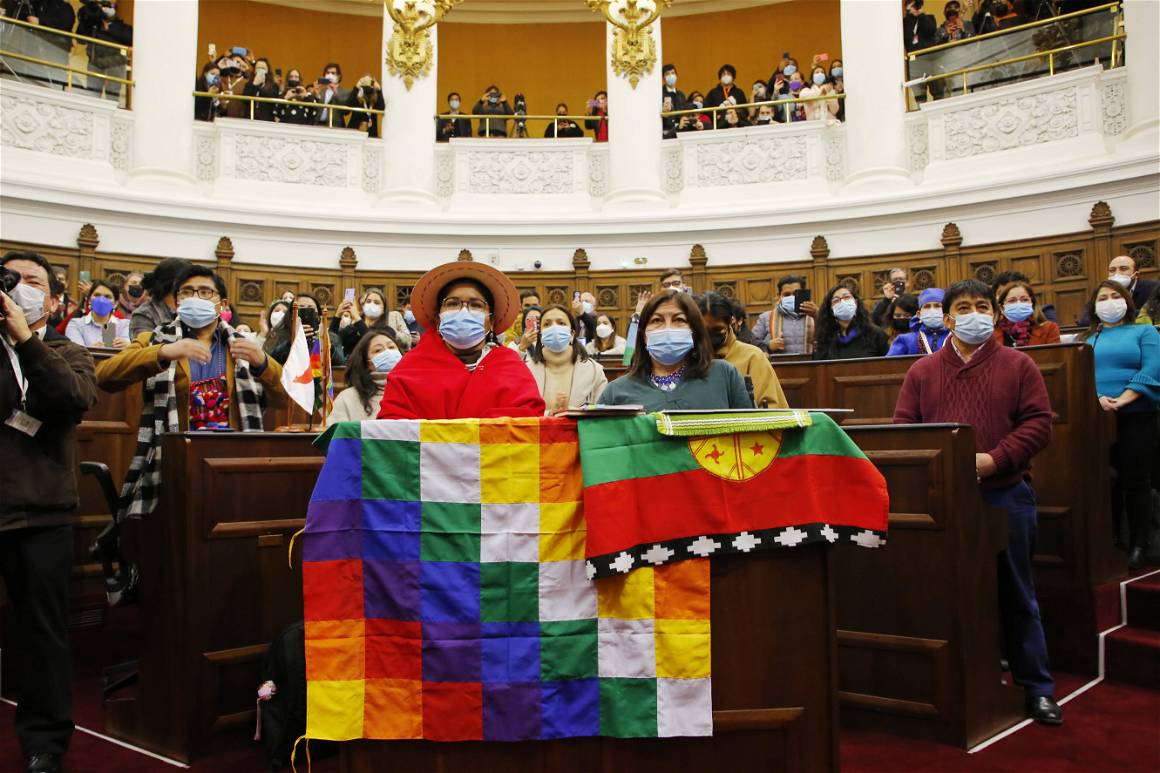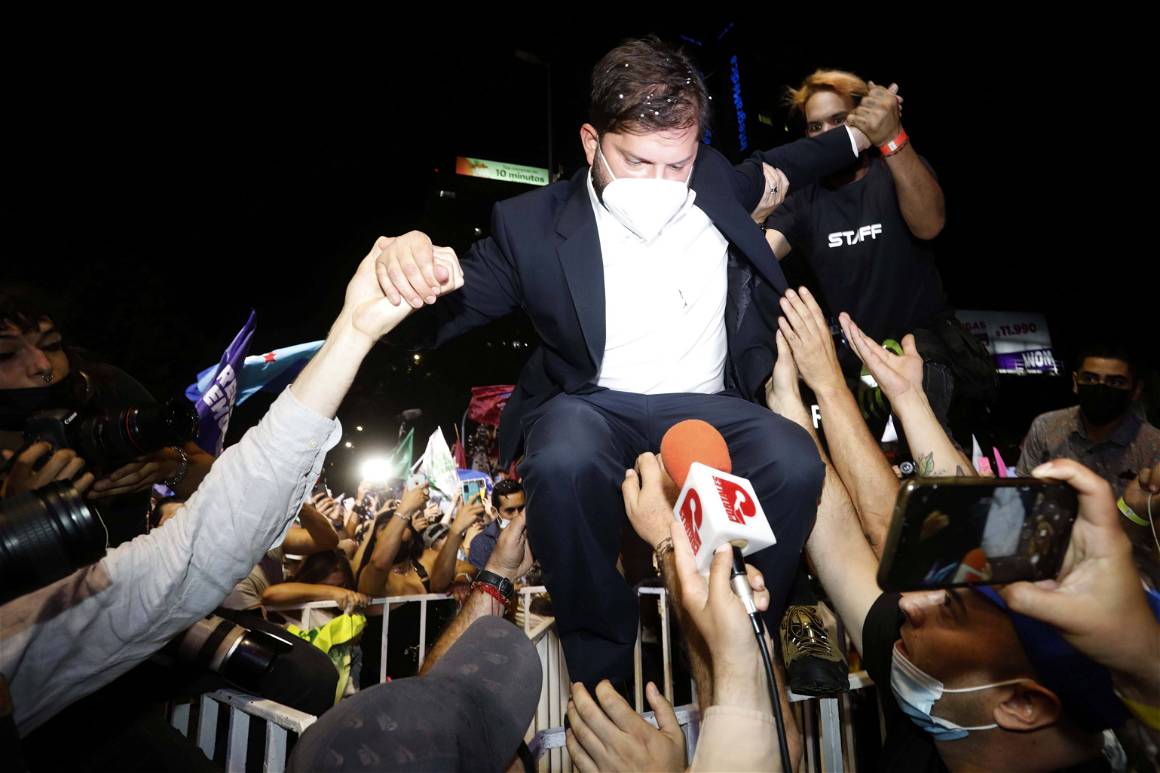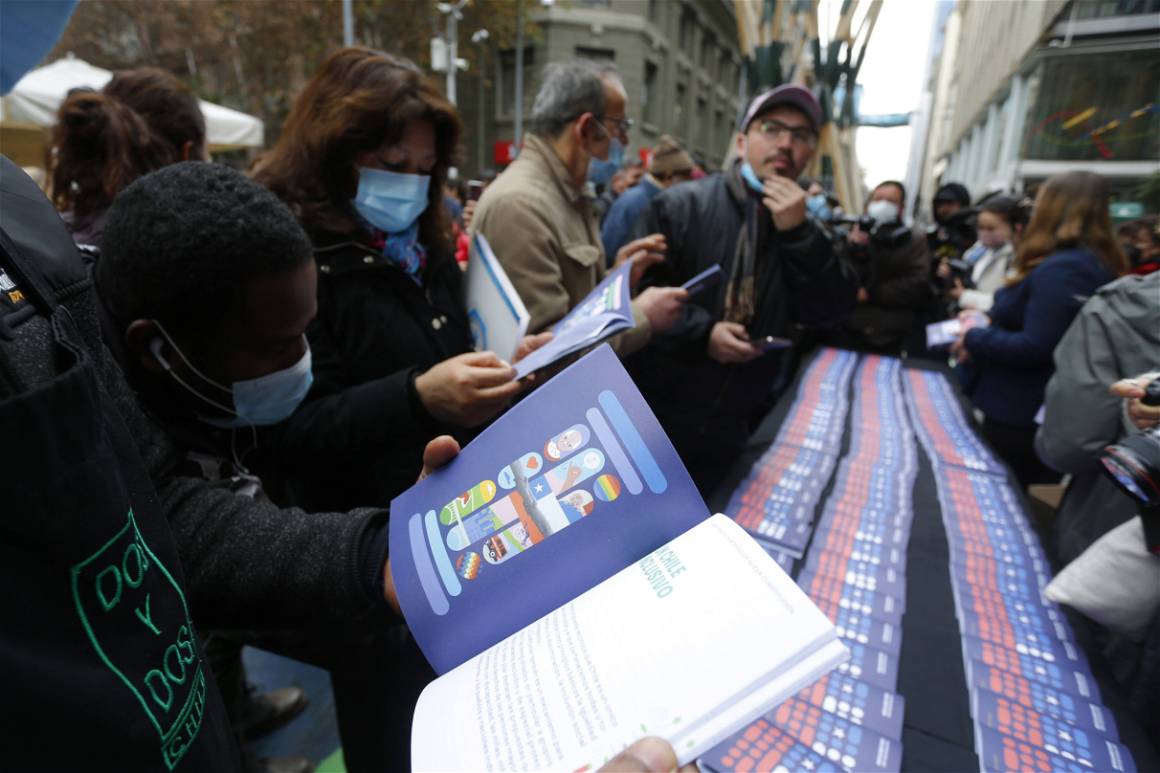Myanmar, Lebanon, Sudan – today’s revolutions and coups are often messy. In the streets and in the poles of Chile, a modern revolution brings hope. IMAGO checked in with Claudio Abarca Sandoval after one year of photographing the developments as Chile enters a new era.
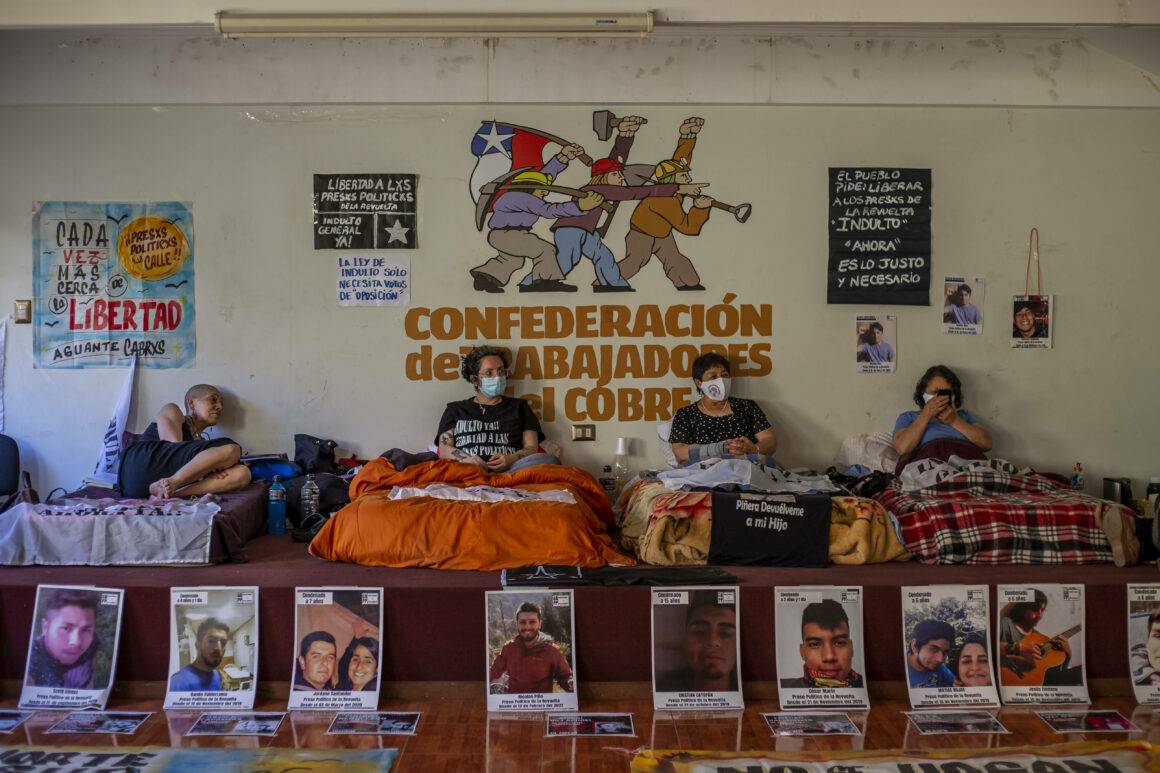
Checking in with Chile: a modern revolution. Photos by Claudio Abarca Sandoval.
“I believe that modern revolutions are a sequel to the revolutions of the past.”
After recently signing with IMAGO last summer, photojournalist Claudio Abarca Sandoval shared his motivations for photographing the demonstrations throughout Santiago de Chile. A modern revolution has taken form and while Latin America is no stranger to coups and revolutions, this one has seen some impacts: Since last summer, a new left-leaning president was elected, Gabriel Boric, and a constitutional convention with indigenous, female, LGBTQ+, and other intersectional representatives, has drafted a new document that will be voted on in September.
Meanwhile, Sandoval captured the moments and the people in between as they shape the future of their country and its systems that have seen a few makeovers over the centuries.
The 1851 Chile revolution attempting to overthrow the conservative government failed, leaving many as political prisoners, dead or in exile. Then we had the Pinochet military coup in 1973 at the height of the Cold War, backed by Richard Nixon determined to fight communism and overthrow president Salvador Allende who was considered a socialist. Pinochet, who was later charged for human rights violations, orchestrated the killing of civilians by the thousands, arresting, raiding homes and demolishing Chile’s long standing democracy. While the 1988 Plebiscite peacefully brought Chile back to an elected civilian government, Sebastián Piñera elected in 2010 became Chile’s first conservative president since the departure of Pinochet, whose administration ruffled some feathers and was caught up in corruption investigations and the Pandora Papers, bringing to Chile a modern revolution.
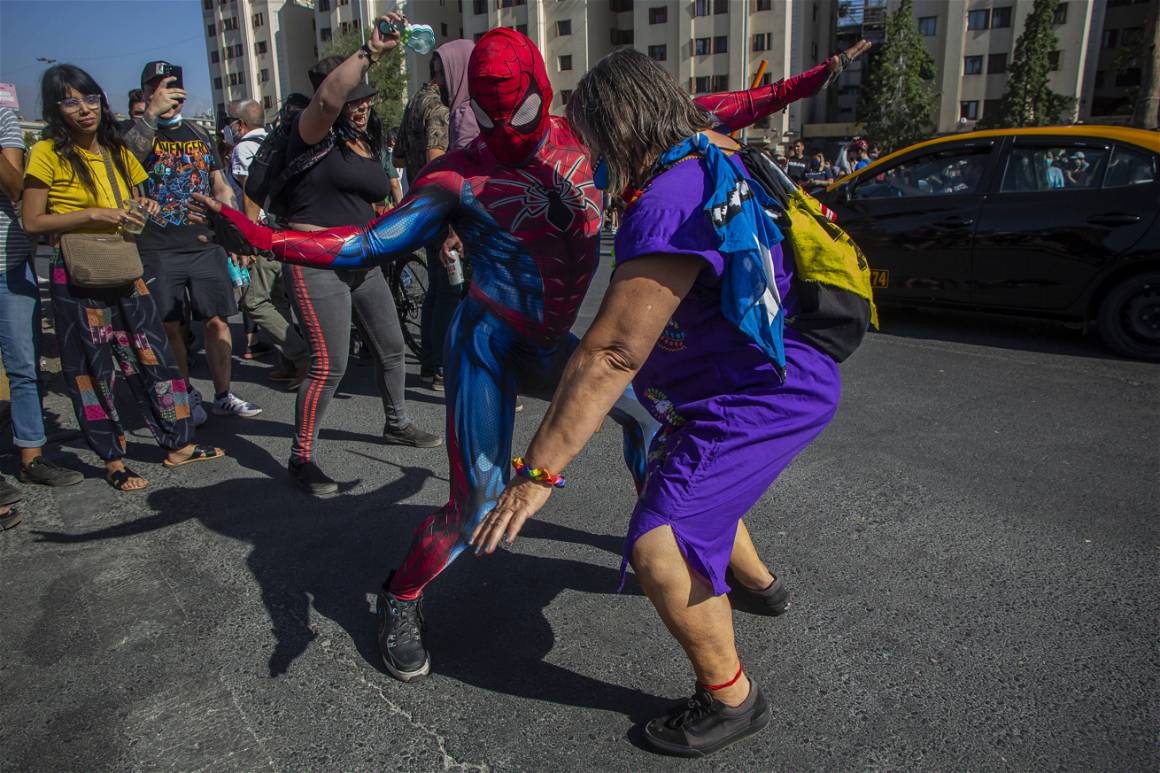
It began in 2019. Students outraged by Piñera and increasing metro prices coupled with extreme wealth gap, sparked nation-wide protests that saw immense violence and arrests, but also some change. New elections bringing down Piñera and a new draft of the constitution that had not been amended since Pinochet, have given those who took to the streets something to celebrate.
President Boric elected in December and assumed office in March, supported a constitutional rewrite and will have a lot on his plate whether or not the constitution is approved in September. The draft will be the world’s first to promise measures such as gender parity in government and rights for indigenous groups – the largest being the Mapuche at 1.6 million. Included are also environmental rights protecting resources such as water which is currently being rationed in Chile, along with a national health and education system. While many support this constitution, polls suggest that some consider certain articles to be radical – the draft constitution would be the world’s longest with 499 articles. Not only in the streets but also in the government of Chile, a modern revolution has taken the side of the people.
“A great lesson we have learned from this revolution in Chile is that if people really speak up for their rights, they end up being heard and considered…Chile is the example that political solutions can be found to the social problems of the 21st century.”
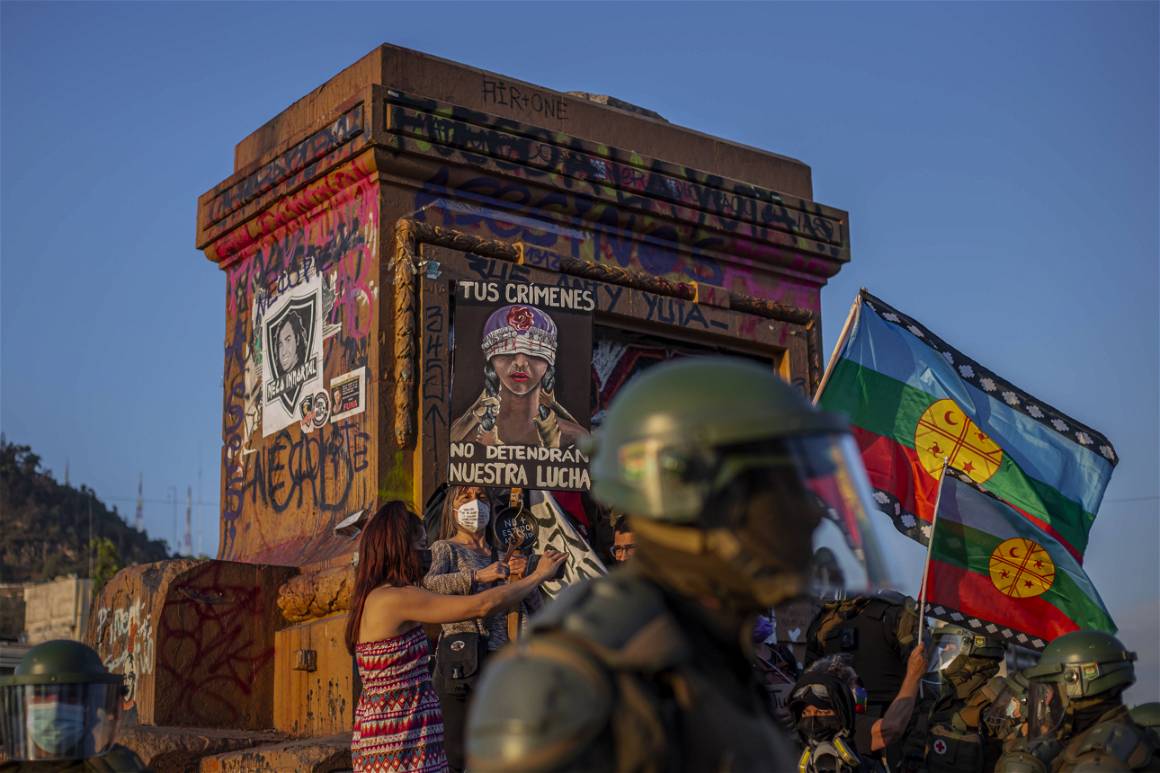
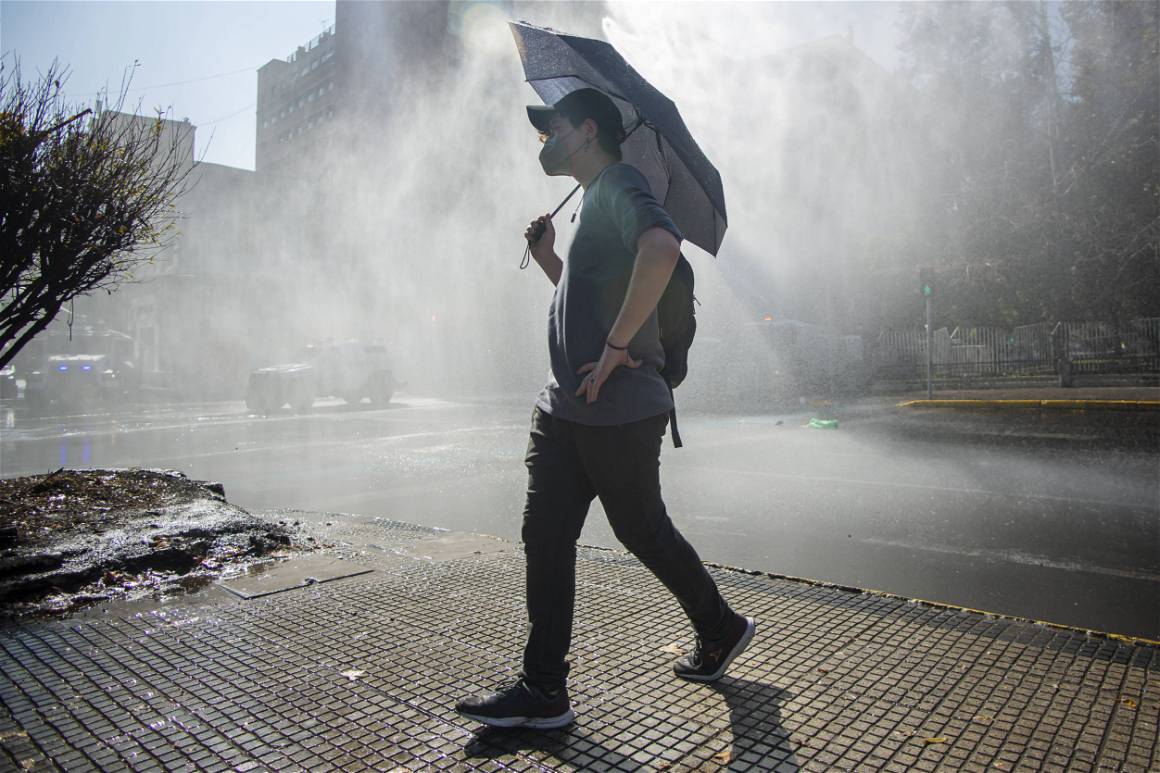
From afar, it is never easy to predict how these things go. Militaries take over like in Myanmar and Sudan, governments and economies collapse like in Lebanon and often, leaders break promises and those underrepresented are silenced even more. Rarely do we know what those who live it every day actually have to say, or what it means for our livelihood to depend on a revolution. Chile, a modern revolution pioneer is an example where voices are heard – whether these reforms will work is still to be seen.
A year ago, Sandoval was in the thick of it – the demonstrations were as massive and empowering as they were dangerous – so far, thousands have been arrested and injured and dozens have died. A lot has happened since we last spoke to Sandoval who has seen it all unfold as Chileans enter a new era as the world watches. IMAGO checked in to find out what lies ahead in Chile.
Read our previous article with Claudio Abarca Sandoval here.
We spoke last summer about the intense protests in Santiago which you were documenting. Your photos showed a lot of violent clashes with police but also contained an element of hope. How have the protests changed over the last year? How has your approach to photographing evolved?
This past year, protests have decreased considerably, with the exception of high school students who have been protesting for more than 10 years, demanding improvements in infrastructure, good food, the integration of LGBTIQA+ communities, and the improvement of school curricula, among others. With the arrival of Gabriel Boric’s presidency, who was the former student leader in the protests of 2011 and former deputy of the Republic, people saw the opportunity to continue with hopes for a more just, equal and dignified country. Also the opportunity for a constitutional plebiscite process in a more prosperous and bearable political climate.
My photography this past year has also been calmer, always focused on social issues and national contingency news. I have not stopped taking photos of protests and have also photographed the presidential elections and constitutional convention – even some landscapes. Despite the international and national news events, I feel that I am now more relaxed and focusing on those moments that really inspire me to press the button and document this historic year for our country.
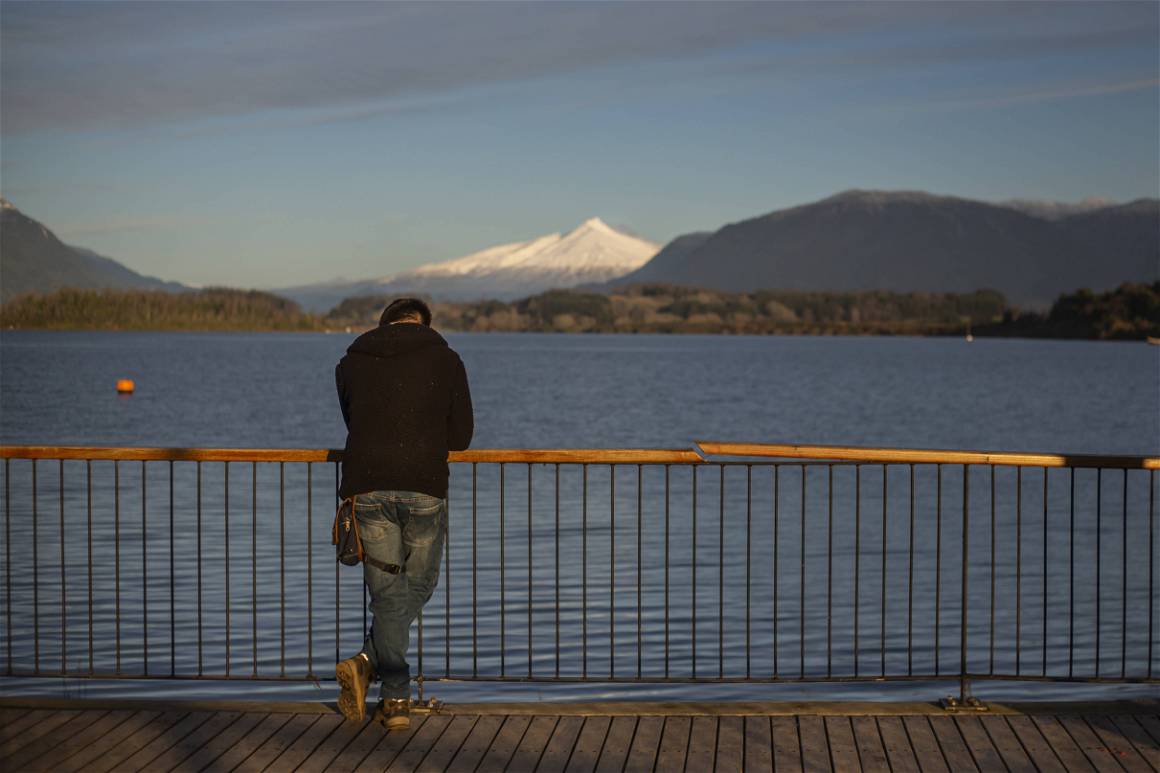
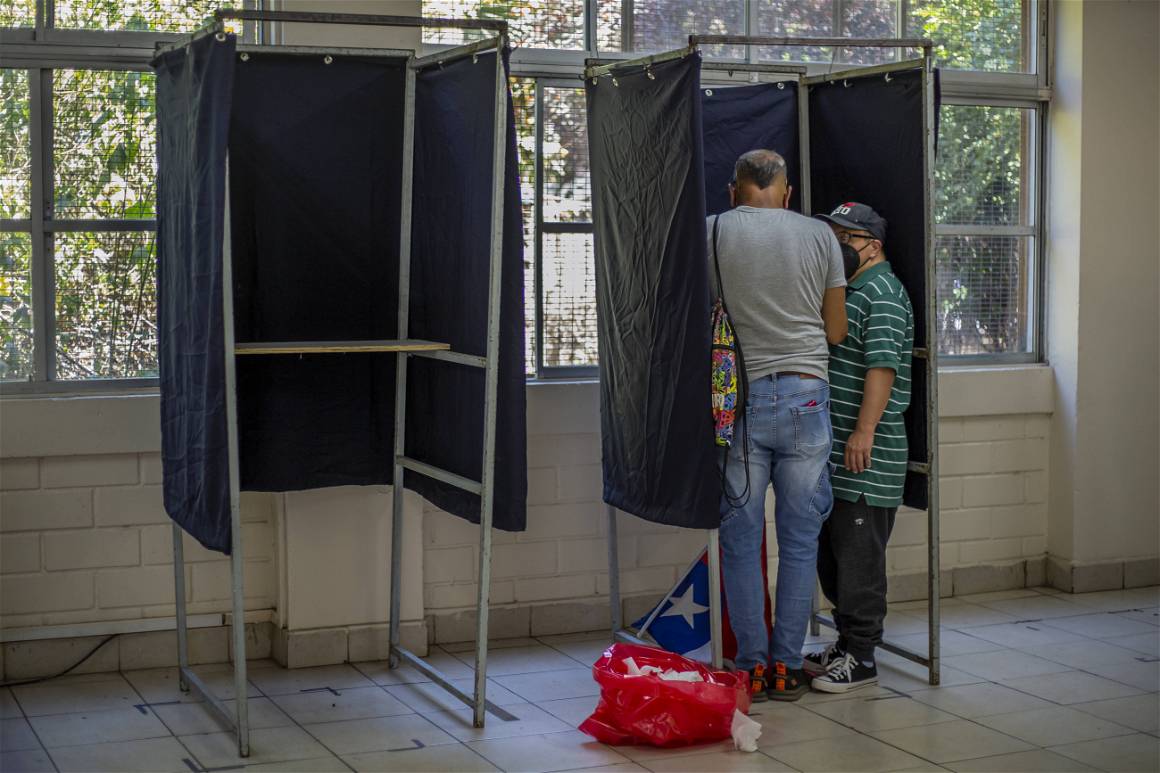
The recent elections were a big victory for many in Chile — how do you see these political changes have manifested themselves within Chilean society? What has been the attitude towards Gabriel Boric since his election?
It’s not easy for any government to take over the leadership of a country after a social uprising and a developing pandemic. Also Gabriel Boric took office after a filthy political campaign by his far-right opponent accused of fake news, defamations and out-of-context headlines. Even so, Boric managed to obtain a big majority being the youngest and most voted President-elect in the democratic process in Chile’s history, which says a lot about the popular support he has.
However, Chilean society is currently in a dilemma between approving or rejecting a new political constitution, which has generated great division. It’s no secret that the current government is going for the “approve” option, which means that any criticism of the conventional process or the draft of the new constitution falls directly on them. Accompanied, of course, by fake news, which is also what the campaign to approve or reject the new constitution is facing at the moment. Especially in recent months, this has generated a certain degree of uncertainty among the population about the immediate future. But in some way or another, people have been able to combat this war of disinformation: something that happens globally.
There is a certain sector of the population that wants this government and the new constitution to fail, and to do this they use any trick they can. But the vast majority of the population understands that in 5 months of government, 30 years of state failures cannot be solved. For this reason, many people are patiently awaiting progress, and highlight every small step towards well-being and the protection of social rights.
“It is worth mentioning that if the new Magna Carta is approved, it will be the first constitution in the world written with gender parity and including Indigenous Peoples.”
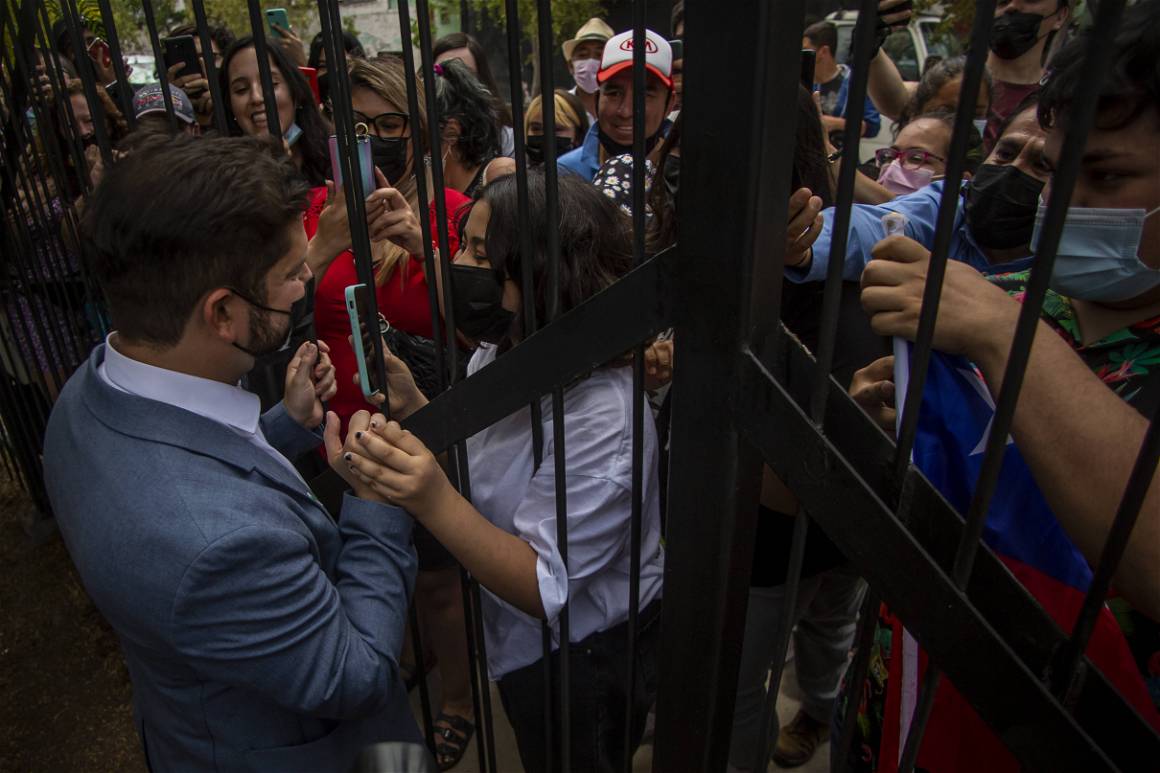
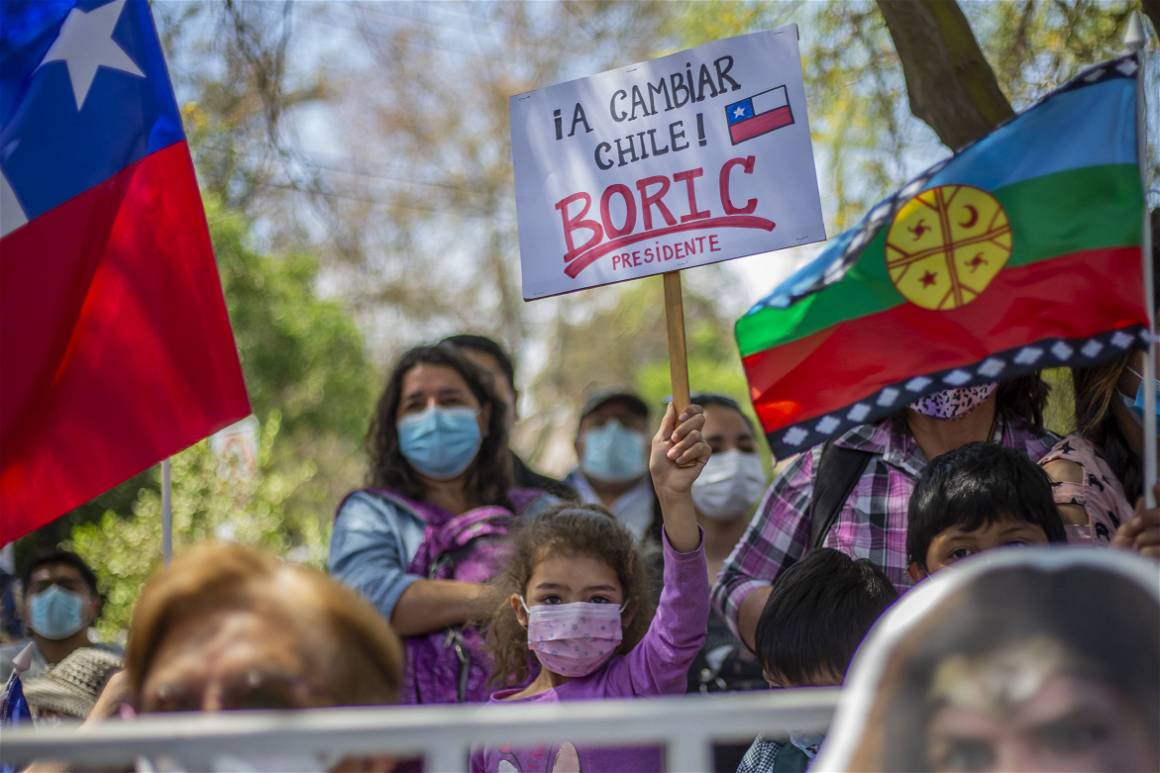
The new constitution drafted by a modern and intersectional convention including participants from indigenous groups, will be voted in September. How likely do you feel the changes that are being demanded in Chile will happen, if the constitution is passed? Do you feel that Chileans trust this process?
If Chile’s new political constitution is approved, this will only be the first big step. In order to move forward, we must necessarily reach social and political agreements that allow for a good coexistence. There are many chances of success, since for the first time basic social rights will be enshrined that are not in the current constitution, such as the right to health, education, housing, even the right to water for human consumption over industrial consumption.
There are people who distrust the constituent process, due to the fault of the conventions themselves and some attitudes that seem to subtract rather than add, as well as due to what has already been mentioned, fake news and disinformation…but there is also a lot of confidence and above all, hope. Despite all the sabotage of the process, [the draft] was carried through, on time and with a very clear and cross-cutting proposal.
It is worth mentioning that if the new Magna Carta is approved, it will be the first constitution in the world written with gender parity and including Indigenous Peoples.
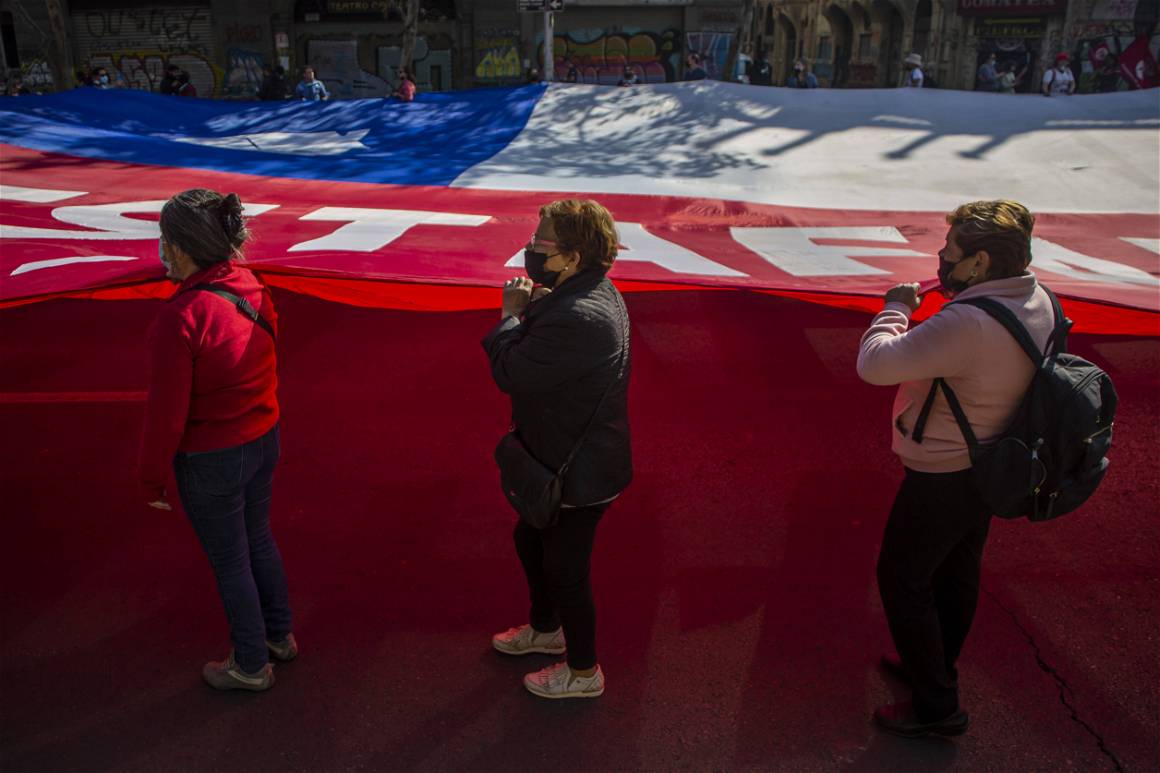
What does a modern revolution look like for you, and do you consider what is happening right now to be one?
I think a revolution is what we are facing all over the world now. Basically a revolution against fascism, a dispute between authoritarianism and democracy, between freedom and restrictions. Chile has been asking for more than 30 years to advance socially, to safeguard life over consumption and money. Since the departure of Pinochet, Chile has appeared to be a “pseudo-democracy”, but always with the shackles of the constitution left by the dictator until the present day. It was a Magna Carta that prevented any attempt of social protection, or benefits for the citizens. It was typical to hear how they put an end to great projects of social laws with the simple fact of being “unconstitutional”.
Undoubtedly, in Chile, this was and still is a great social revolution.
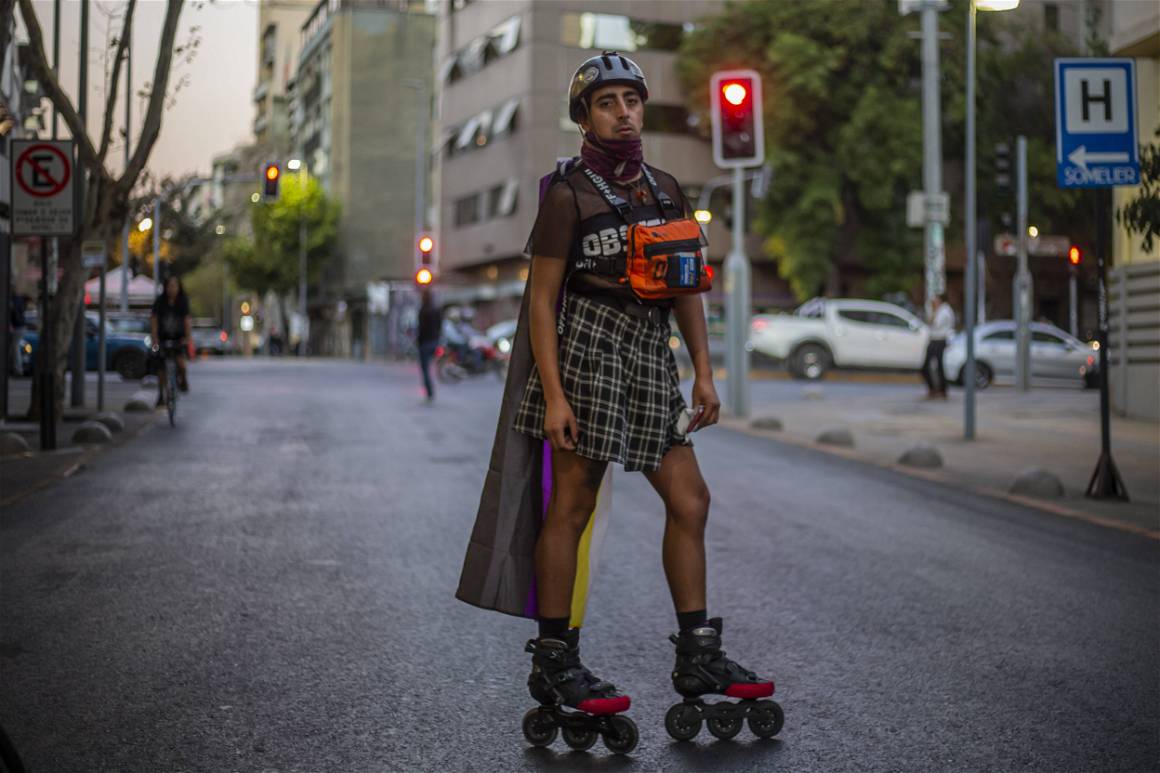
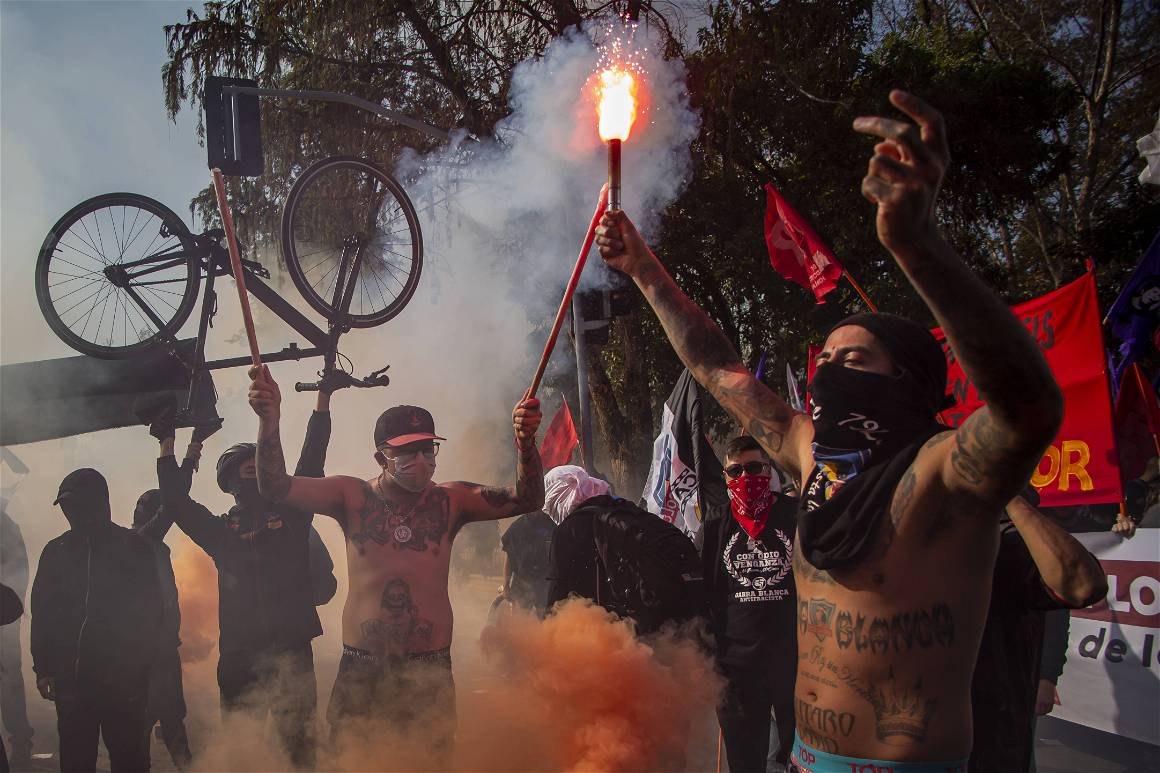
How do you think the current developments differ from previous revolutions in Chile or throughout Latin America? What lessons have been learned and what risks do you think are tied to such big changes?
I believe that modern revolutions are a sequel to the revolutions of the past.
People change, but the conviction is the same. They are people trying to turn the current system upside down, trying to put life before money, before business, before consumerism. I think it’s something that deep down we all want and need.
I think that is what modern revolutions are all about, at least from our Latin American perspective. The revolution that is taking place in Chile and South America is purely about social issues, a historically exploited region with so many mineral, water and energy resources, where there are still incomprehensible levels of poverty, where there is still much need.
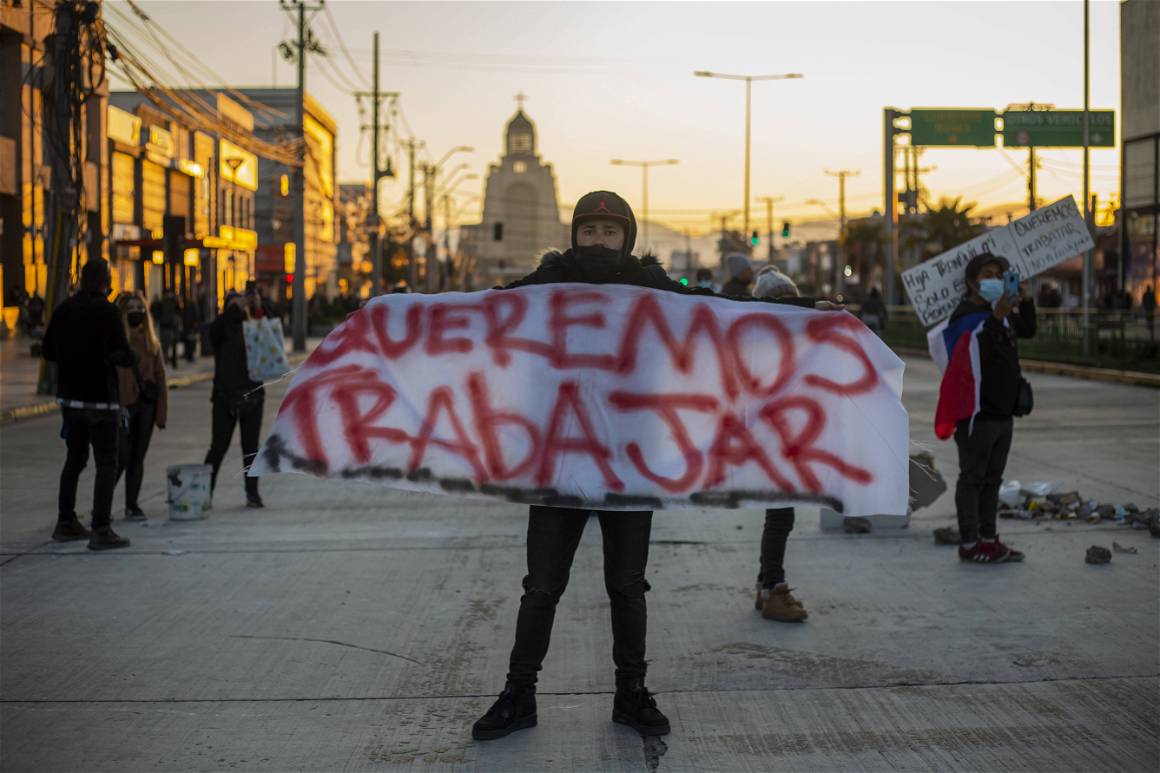
I believe that a great lesson we have learned from all this revolution in Chile is that if people really speak up for their rights, they end up being heard and considered. People started to demand what they were always denied. Today people finally realise that they have a voice and a vote, and people have also started to take a much greater interest in elections, with exemplary civic participation as reflected in the last presidential elections.
Here in Chile there has already been a coup d’état, I think that is enough to be considered a great risk. Lately, among the fake news circulating around the drafting of the new constitution, there has been talk of a new coup d’état to maintain power and the current constitution. Others have begun to talk of “electoral fraud” if the option to approve the new constitution wins…Undoubtedly, all these kinds of comments are deeply rooted in our recent history, considering that there are still more than 1,000 people who have disappeared since Pinochet’s civil-military dictatorship. These are the kind of risks that are taken in “modern revolutions”, when the changes are big and for the benefit of the citizens.
My greatest fear, and the risk I see, is that this perceived division between support and oppose the constitution change will be irreconcilable. That it will last over time and finally come to nothing, that the Chilean people will continue to be divided
But as someone once said to me amid great chaos during the social uprising from 2019: The fear cannot tell our story…Chile is the example that political solutions can be found to the great social problems of the 21st century.
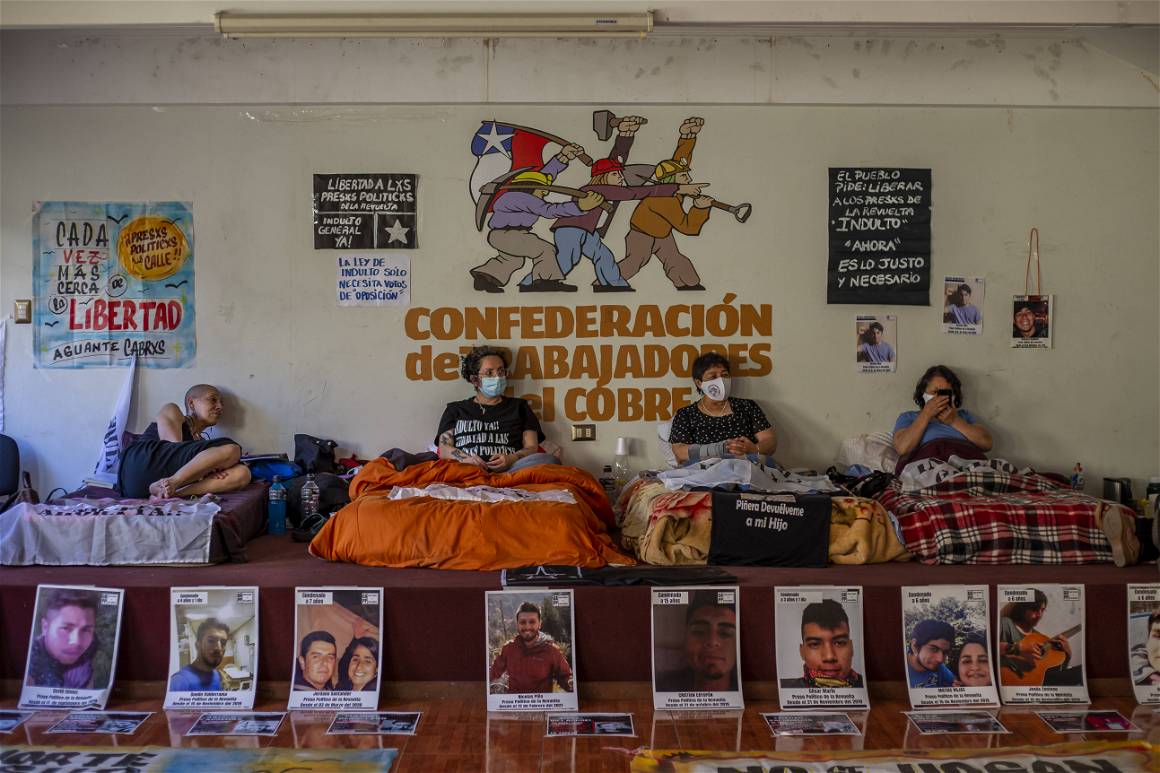
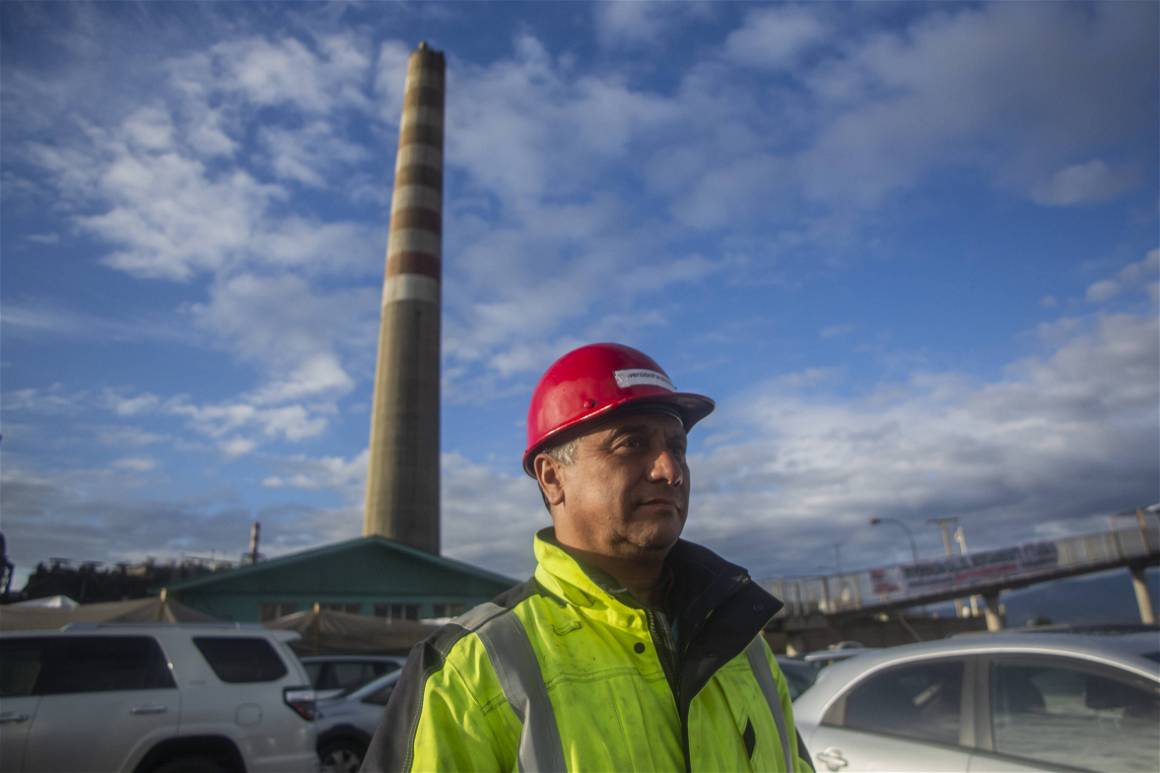
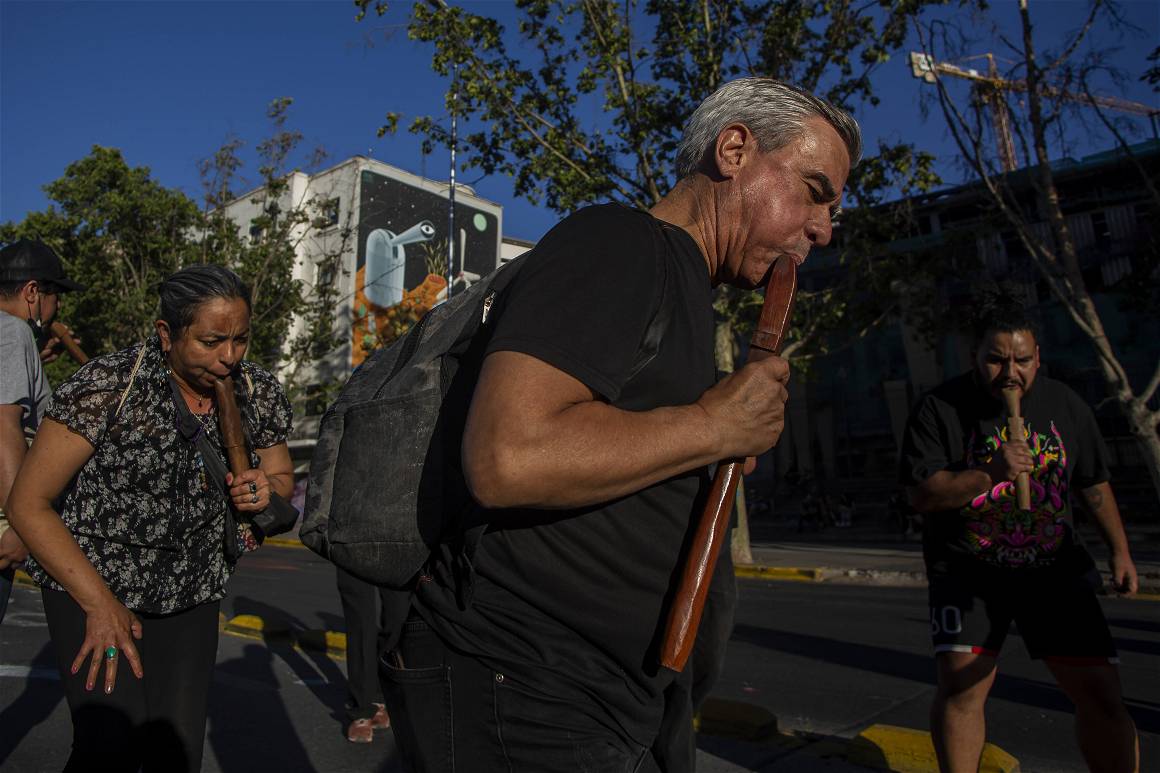
Photos by Claudio Abarca Sandoval, read our previous interview with him. Written by columnist Sofia Bergmann .
More from IMAGO’s coverage in Chile:
